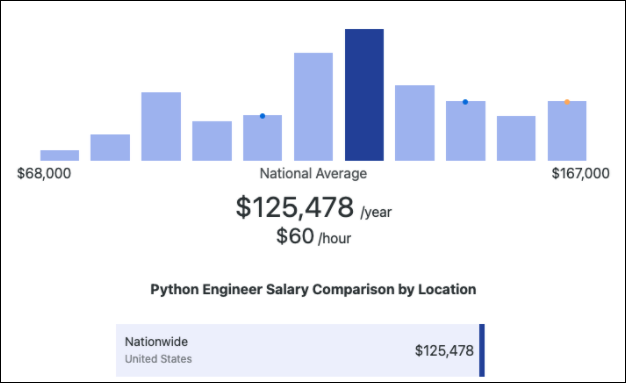


#Python program to calculate salary of an employee code
If I were to re-write your code then it would be something like: def computePay (hours,rate): If you are ok with using turnery operators you can re-write it, but your way is probably best.Įxcept for overtimerate, that should be part of overtime. while True:įloat(input('Now enter the hours worked please:'))

Instead you can use a try except statement. float (input('Now enter the hours worked please:'))įirst as mentioned above, this should be raw_input,įloat will error, and the program will exit. We with our 'elite haxor skillz', we could find out that information.įor example: > private_key = 'my super private key'īottom line input is bad, so bad that it got removed in Python3.Īnd so, I would recommend to always use raw_input, in Python2. Lets say you have some special information that no-one should know about. For example: > hello, world = 'goodbye', 'logic'Īs you can see, input evaluates the input. Print ("The amount to be paid to in this pay period is $" + format(total_pay, '.2f'))įirst off, there currently is no point in having name = raw_input('Name of employee: '), Return normal_hours, overtime_hours, overtimeĭef preovertime_hours (hours, rate, overtime):ĭef displayPay (rate, normal_hours, overtime_hours, regular, overtime, total_pay): Rate = float (input('Now enter the pay rate:')) Hours = float (input('Now enter the hours worked please:')) Regular, total_pay = preovertime_hours (hours, rate, overtime)ĭisplayPay (rate, normal_hours, overtime_hours, regular, overtime, total_pay) Normal_hours, overtime_hours, overtime = computePay (hours,rate) The ultimate goal is to calculate multiple payrolls before selecting to end the program, please review current version in that context.


 0 kommentar(er)
0 kommentar(er)
